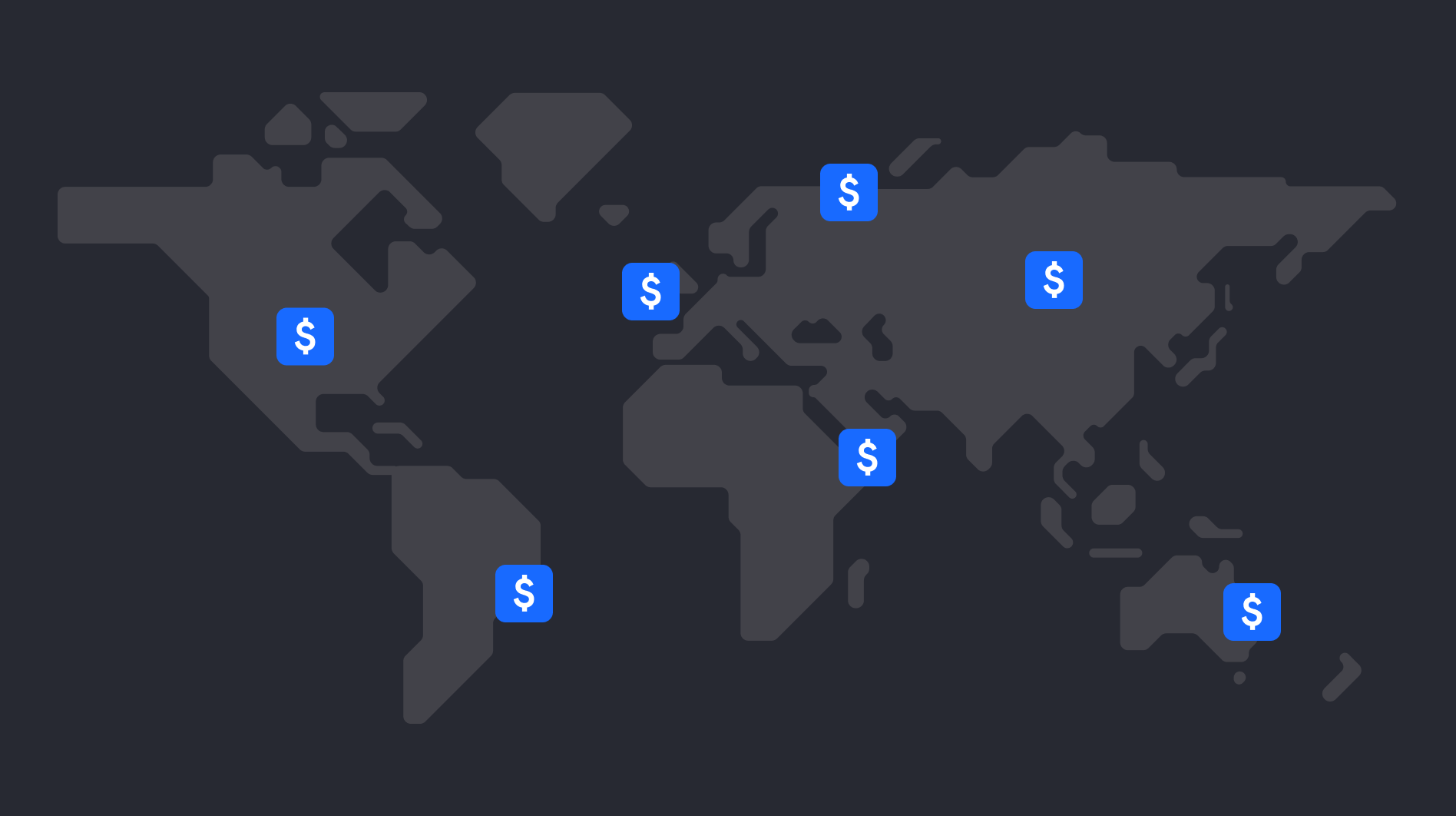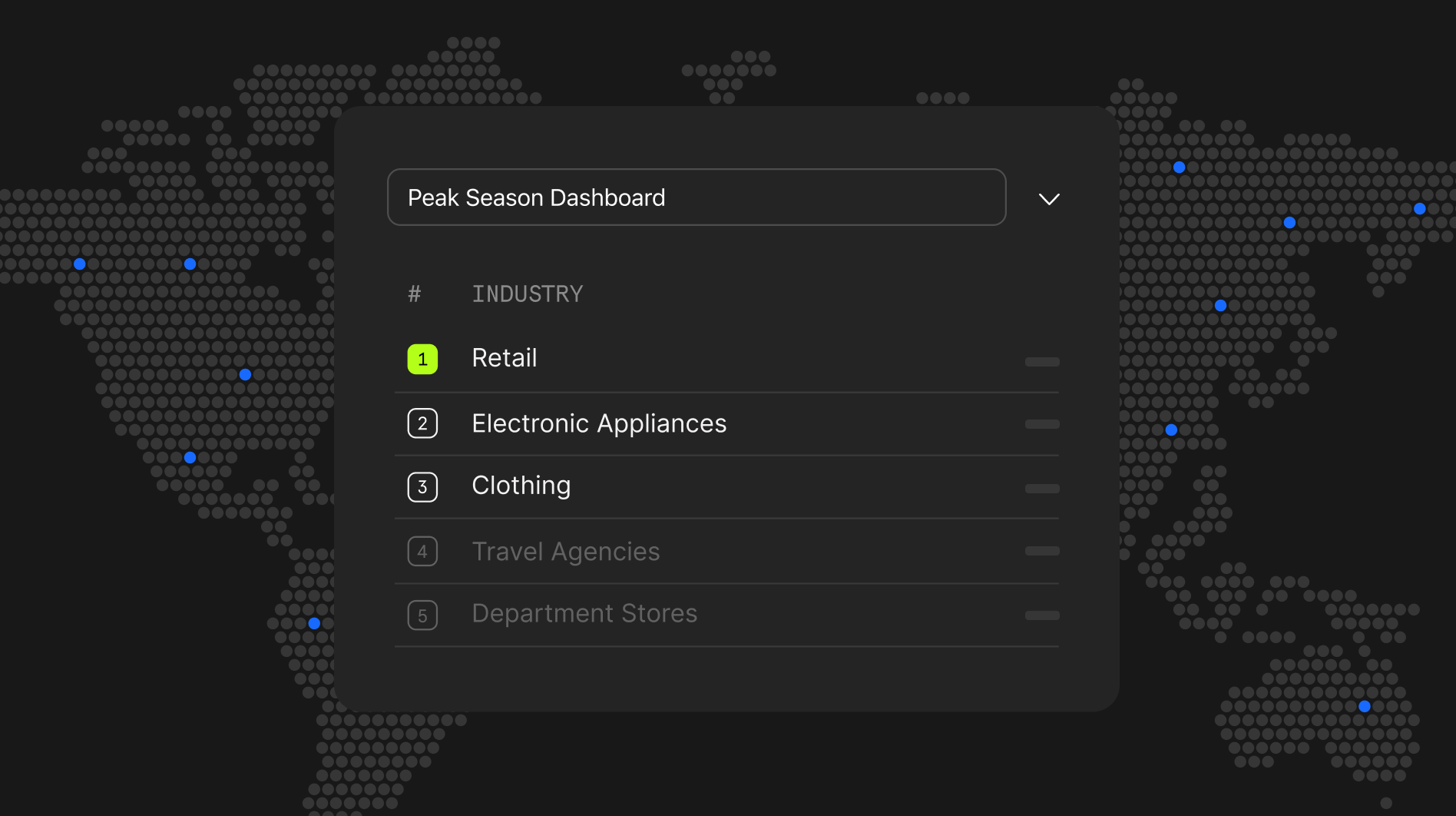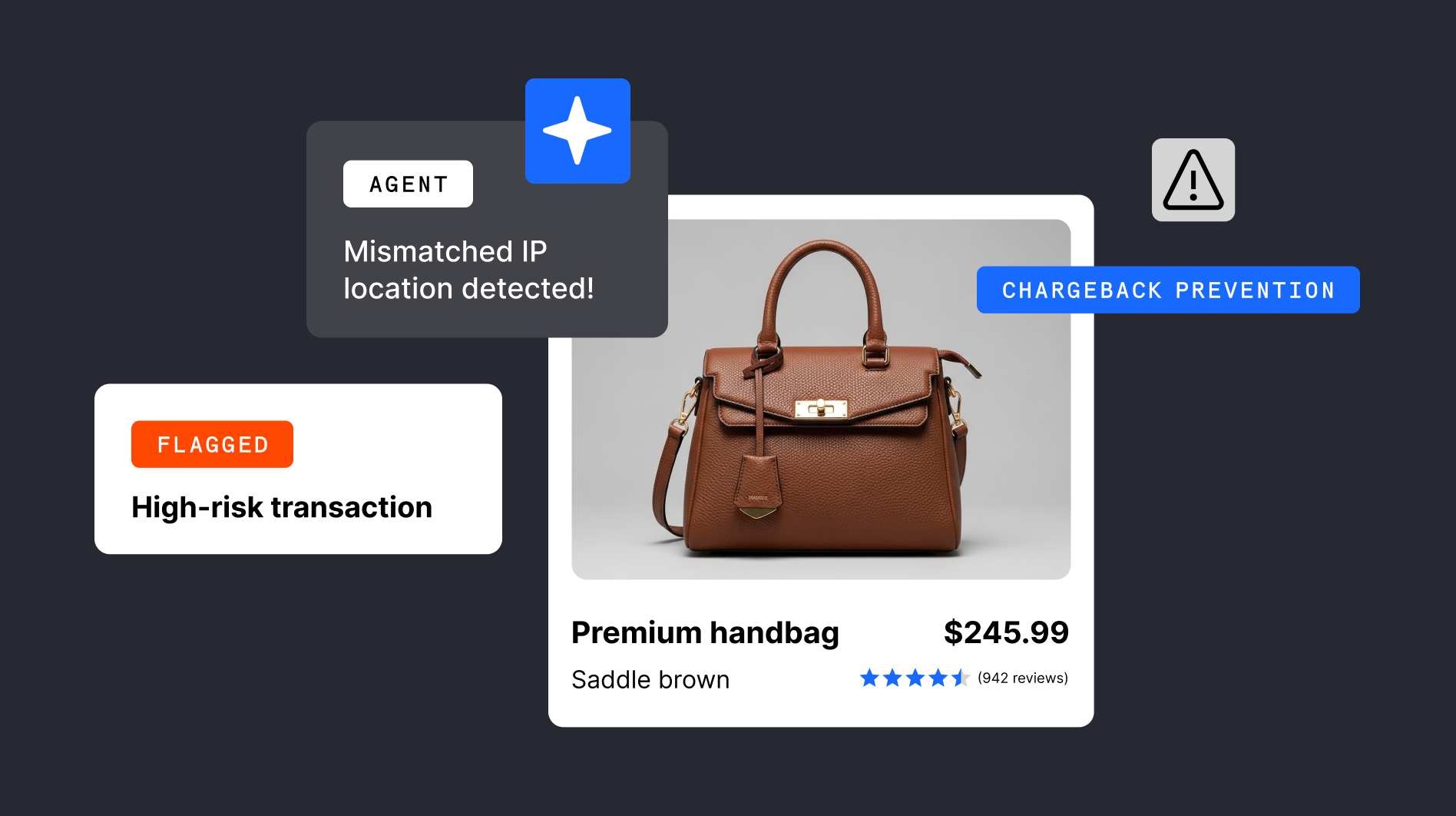COVID-19 was a hard reset for commerce and payments. With shops shuttered and social distancing measures in place across the MENAP region, consumers embraced online retail out of necessity. But our recent research indicates that the pandemic has created longer-term behavioral changes regarding shopping and payment habits.
95% of consumers in UAE and Saudi Arabia were regularly shopping online after COVID restrictions had been lifted. Around one-third were doing so weekly or even daily.
A significant proportion of this ecommerce growth is cross-border. Indeed 33% of consumers say that buying products or services not available in their own country is their number one reason to shop online.
.jpeg)
When MENAP consumers shop cross-border, they prefer to do so with brands from across the region. Some two-thirds of online purchases in Saudi Arabia are made from websites based in the Gulf region. Arab websites also dominate in Egypt, according to a recent United Nations report on COVID-19 and ecommerce.
However, unlocking cross-border growth is not without its complexities for merchants. Each country in the region has its unique banking rails, payment methods, licensing requirements, regulations and consumer behaviors. That makes interregional expansion, say from Saudi Arabia to Egypt, just as complex as expanding from Germany into Egypt.
Despite its challenges, the upside of establishing a region-wide presence is too compelling to ignore. And, with the right partners and technology, merchants can cut through the complexity and capitalize on the region's rich cross-border opportunity.
1. Leverage a single API for your entire global payments operation
Payment preferences in MENAP are highly localized. So, whether it’s mada in Saudi Arabia, Knet in Kuwait or Fawry in Egypt, allowing customers to pay in a way they know and prefer is a crucial factor when moving into new markets.
In the past, adopting local payment methods required businesses to establish a new set of payment relationships and technical integrations with unfamiliar third parties. These integrations brought with them additional costs, resourcing requirements and points of failure. Challenges that often deterred businesses from enabling local payment methods when they entered new markets.
But today, by working with a leading payment provider, merchants can circumvent this complexity. For instance, at Checkout.com, we've integrated with all the region's top local payment methods. Businesses can seamlessly enable the payment methods they want to offer through our single API integration. This means they can adapt to changing demands and preferences quickly and without taking on additional complexity.
The region's leading Pay-TV provider, OSN, did just that. With Checkout.com, it has enabled Apple Pay across the region, Fawry in Egypt, KNET in Kuwait, and Mada in Saudi Arabia through a single integration. Offering these payment methods has helped OSN to expand its customer base and provide a better experience. It has also allowed OSN to stop accepting cash payments entirely — and remove the risks associated with that.
%2520(1).png)
2. Harness local experts on the ground
In a region as diverse as MENAP, solid partnerships that help navigate this complexity are crucial to success. That's why merchants should prioritize working with a payment provider that goes beyond simply allowing them to accept payments.
The right payment partner has people on the ground, understands each market's nuances and takes time to understand a merchant's business deeply. This makes them of enormous value because they can leverage their expertise to find ways to drive improvements and increase authorizations. That’s everything from minimizing fraud and disputed payments to creating more immersive customer journeys. They should be able to provide solid recommendations and help navigate the options available.
It's also essential to have a payments partner that's plugged into the broader payments ecosystem across the region. Relationships with the schemes, issuers and regulators are critical to success in MENAP. They enable payment providers to solve issues quickly for merchants and uncover innovative ways to drive performance improvements.
Knowledge, skills and experience are one thing. Yet it's not enough. Businesses need a partner that can listen to their needs and work with them to build strategies to achieve their ambitions. So it's about finding a partner for the long-term who ‘gets’ the business and makes regular, workable suggestions to improve it.
.png)
3. Track performance via a single dashboard
Expanding cross-border inevitably means increasing the number of payment types, currencies and possible disputes a merchant processes. This fragmentation can make tracking performance challenging, with merchants left managing multiple dashboards and spreadsheets.
I see this scenario frequently across the region. Naturally, conversations center around the pain felt managing these disparate data sources. While that is a problem, the real issue we see is the opportunities merchants miss when they don't have a consolidated view of their data.
Without a 360-view of their data, merchants may not see that their payments fail with certain issuers. They may not know that they're getting better success rates with certain APMs. Or maybe a particular market is of concern from a fraud perspective.
This is a big problem, potentially costing merchants millions of dollars in lost revenue and unnecessary expenditure. Businesses who want to use payments as a lever of growth must find a payment partner that provides a complete view of their payments data through a single, customizable dashboard. Better yet if that data is easily exportable into other data systems, allowing the rich insights to be shared across the business.
4. Streamline local compliance
Just as payment infrastructure varies by country, so do regulations around tax, foreign exchange, data storage and so on. And while some markets, like the UAE, relatively speaking are straightforward to navigate, many in the region are not. Rules and regulations are also evolving quickly, meaning that even the savviest business risks falling behind.
Merchants needn’t navigate this complexity alone. Working with a payments provider with a deep footprint across the region gives them out-of-the-box compliance. For example, Checkout.com has done the hard yards in implementing the latest versions of EMV, 3D Secure and tokenization standards, so merchants will be up to date with changes as soon as they occur.
Scale, simplified
The right payments partner can't remove all the complexities of doing business across MENAP, but it can help navigate them and carry the burden to unlock opportunities. See how Checkout.com is empowering businesses in MENAP to unlock their cross-border potential.


.jpg)











.png)
